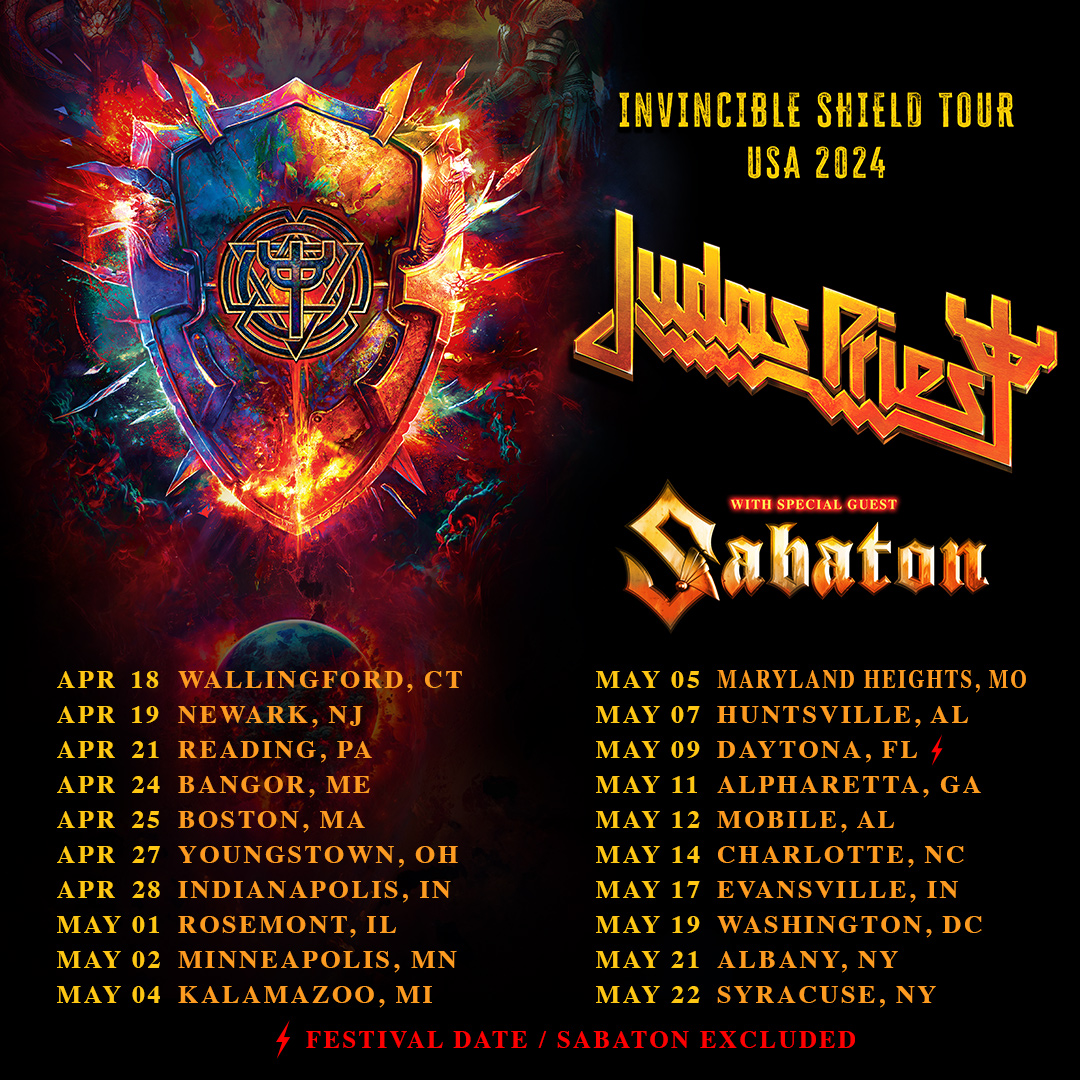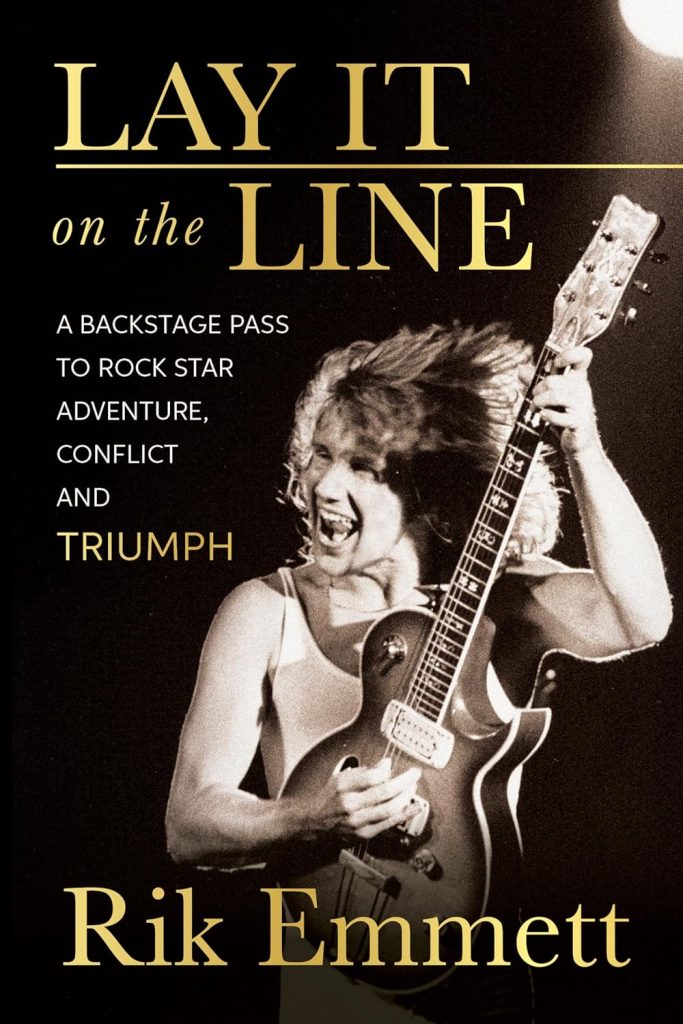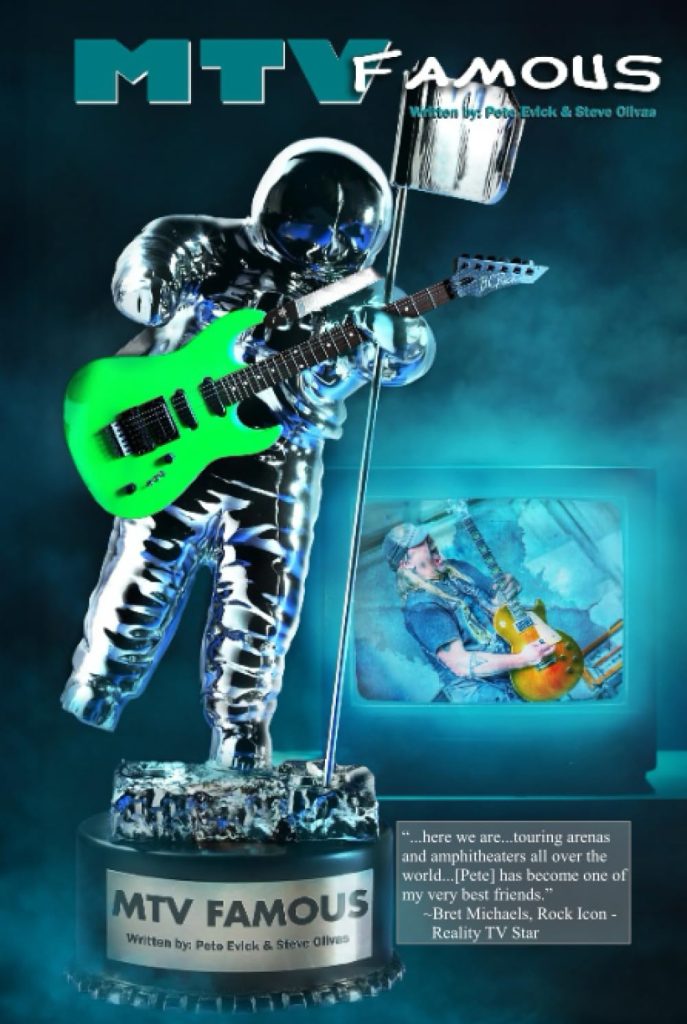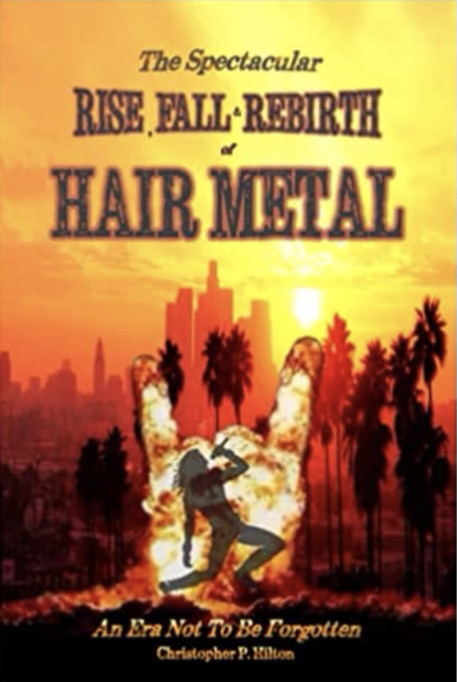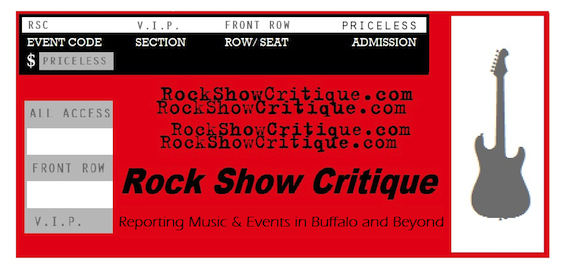 Interview
Interview
Craig Chaquico
Jefferson Starship
Starship
Solo Career
February 2016
Craig Chaquico has done it all in the world of music. He was part of one of the most enduring bands of all-time in Jefferson Starship. When the ashes cleared with the demise of Jefferson Starship, Chaquico remained into the newly christened Starship. He has had a number one album in Red Octopus, played on no less than three number one hit singles and was nominated for a Grammy for his solo album Acoustic Planet which was released in 1994. He has toured the world and continues to put out outstanding music. We had the fortunate opportunity to speak with Craig as he went back in time and gave us a good look into the past history of both Jefferson Starship and Starship. Sit back and enjoy.
Rock Show Critique: Give us an update on what you are currently up to?
Craig Chaquico: Right now I’m working on a live DVD/CD that was recorded June 13, 2015. I did a show that had all of my music from five different decades. It had my Jefferson Starship and Starship hits as well as my instrumental acoustic music and my blues electric music and then also covers of a few of my favorite artists like Clapton and Hendrix. The thing that was really interesting about it for me was June 13, 2015 was the fortieth anniversary of when Red Octopus came out which was our first number one. So now we are finishing the mixing of that hoping that it will be done by the next June 13. That’s the day I have to go to court to hopefully get my Les Paul back, that I used to record a lot of those hits back in the Red Octopus days.
RSC: I heard you lost a lot of gear, it was in Germany I believe?
CC: Yeah by the time we’ve gotten to Germany in 1978 we already had four really big albums. I used specifically two Les Paul’s for most of those songs like “Miracles”, “Runaway”, “Count On Me”, “Fast Buck Freddie”, “Ride The Tiger” and “Play On Love”. They meant a lot to me. See, I was in a bad car accident when I was younger, broke both my arms, my leg and my ankle. My dad told me about Les Paul who was also in a bad car accident. He said if I stuck with my wheelchair therapy, corrective shoes and all, that he would buy me a Les Paul, and he did. He kept his promise and I used that guitar to tour with Jefferson Starship before we did any albums together. My band opened for Jefferson Starship so I used the Les Paul my dad bought me on that. When they asked me to join the band with Dragon Fly I bought my own 57’ Goldtop and used it for the first two albums. Starting after Red Octopus I bought a 59’ Sunburst. We went to Europe in 78’ and I brought those guitars with a bunch of others. After the riot the whole stage was destroyed and burned and the next day everything was gone. We put out serial numbers at one point just in case. We all thought the guitars were destroyed. It’s like going to the airport to meet your girlfriend and the plane crashes right in front of you. That’s what it looked like or so we thought. Recently somebody realized they had one of Pete Sears basses and wanted to give it back to him and that was one that was at the riot. So I started to find my serial numbers and put the word out. The weird part was out of the blue, because of the guitar I played in the Star Wars Xmas Special this guy said he found the guitar. He was comparing serial numbers so I said well that guitar was on the cover of Freedom At Point Zero. He said it was also at the riot in Germany I have the serial number and I’m matching it. I said “whoa” that could be one of those guitars if so you can have it. I said you don’t happen to have the other serial numbers do you? He said Yeah I have an article that came out in the 70s that was written in German. He said it has all your serial numbers in it. I said to him your not going to believe it but Pete’s bass just showed up and your calling me out of the blue. He said not only that but I know where your Sunburst is someone is posting it on the internet. So we tracked the guy down, I’m sure he didn’t know it was stolen when he bought it. We showed him all the pictures and the serial numbers matched. He wanted to give it back but he felt it was an investment for him and he couldn’t just lose that investment. So for over a year I’ve been working with him and his attorney. The guitar is in court jurisdiction and they require it stays in a safe until we sort this out. Now he wants to keep it. So now we have to go to court on the 41st anniversary of Red octopus to see who gets the guitar. So that’s what I’ve been doing lately since you asked (laughs).
RSC: Let me take you back in time….
The Jefferson Starship/Starship Saga was unique in the way the music started out to the way it morphed into.
CC: I was almost ready for anything. When I first started recording with Grace and Paul I was still in high school and I was a guest guitar player on albums. One day I’d be playing alongside Jerry Garcia and when I did Grace Slick’s solo album it was with the London Symphony. I remember right before my recording session Grace asked me “do you know how to read music?” and I said no. She said “good just go”. To go from songs like “Miracles” to “Ride The Tiger”, one super rocking tune and one super mellow, very different guitar styles. Then evolved into songs that are even more guitar orientated like “Jane” and “Find Your Way Back” and that period of the band. Then to go into the pop stuff when I consider those huge #1 singles which was a different style of music than anything we’ve done before with “We Built This City”, “Sara” and “Nothing’s Gonna Stop Us Now”. I didn’t expect any of that but I don’t know why it should of surprised me when one of my first foray’s playing with this outfit was with the London Symphony.
RSC: Over the years in Jefferson/Starship you received a little over 20 writing credits. Spread that out over the eleven studio albums you recorded and thats about two songs an album on average. What songs from those eras are you most proud of looking back on them?
CC: I think with everyone in the band, at one point there were eight of us, if you had two songs on a record then you were already cutting somebody else out. It’s pretty much anarchy in the purist form. It was very loose like that. When we did “Miracles” all the guitar parts on that Goldtop Les Paul were done first take. There were no overdubs and that was how we did a lot of our stuff. Most of the time I would bring in the music and maybe a melody and a chorus. I’d say anybody like this? Sometimes it was political you’d get outside input from your manager or producer, that wasn’t always heated. I know when I started writing more tunes and arranging more like “Jane” and “Find Your Way Back”, literally every part I wrote out. When we did the solo, it was a very long guitar solo apparently, and our manager came in and his opinion was you gotta cut that guitar solo in half because it’s too long and it will never get played on the radio. We didn’t agree with him thank god. Every time its played on the radio I have to grin because I know we had to fight for every second of that solo. Ironically he was right at the time Jane came out in 79’ there weren’t a lot of longer guitar solos. I went home determined to find a song on the radio with a long solo and I couldn’t find any. Our manager was actually right but luckily we left the solo in. Then again on “We Built This City” there’s hardly any guitar in it at all, except near the end.

RSC: How did you arrive at the decision to leave Starship?
CC: One of the reasons why I left besides that everybody in the band I played with had already left. By the time I left the band I was the only one from the beginning to the end, I can’t believe it either because I was always the new kid. It was just me and Mickey Thomas, one of the great singers in the band over the years. His taste in music was definitely less guitar. When I played a Les Paul, he wanted me to play less Les Paul (laughs). There was very little guitar in “We Built This City”, “Sara” and very little in “Nothing’s Gonna Stop Us Now”. They were number one songs but at the end of the day, I think the straw that broke the camel’s back was when I was told by the singer and the manager don’t bother writing more songs like “Jane” because we’re not gonna do rock songs, it’s gonna be Mickey Thomas style songs. I said that’s great but it’s not like a band anymore because it’s just me and Mickey and we’re going to do songs without guitar in it? What do you need me for. So I left too. My wife got pregnant and I didn’t realize it would lead to a whole career in acoustic guitar.
RSC: Was the writing on the wall during the recording of Nuclear Furniture that something had to give regarding the musical direction of the band?
CC: By Nuclear Furniture we had already lost Aynsley (Dunbar) yeah there was a definite shift because we got a lot of notoriety in the rock arena vein that was a great period for the band I thought. In the beginning we were known for ballads like “Miracles” and “Runaway” which were great songs and all we also had some rockers in there too. We were touring with bands that were opening for us that were really kicking ass like Foreigner and Heart. We did tours with Fleetwood Mac too. As a guitar player I really appreciated that side of our band. So when we did “Jane” and “Find Your Way back” we were sort of giving notice to that aspect of our band. So there were some musical differences. Paul was into the long science fiction epic movie-like music which I love too. They were long songs which I thought was cool if we could find that balance. Some of Paul’s songs because they were epic and panoramic were much like a movie or novel where they told a compelling story. Sometimes he would say I just told a story for the first three minutes for a song like “St. Charles” then he’d sell it to me and the band and say you guys solo out.
RSC: Why were outside songwriters brought in during the Knee Deep in The Hoopla/No Protection era?
CC: Up til then we had written a lot of the songs ourselves. In fact I probably have my name on more songs than anybody. It was different and being the team player and wanting to feel like there’s room for everybody. The direction with a new producer who was more pop techno orientated brilliant Peter Wolf (not the J. Geils singer). Producers are a big part of what we sound like too. The producer is the painter and he decides how much of what color to put in the painting. How much vocal, how much of that color, how much guitar, how much of that color, that’s my own sort of analogy. The first four albums had a different producer, Larry Cox who is excellent, those albums had that style. The ones with “Jane” and “Find Your Way Back” had Ron Nevison, who had produced Zeppelin, UFO and Bad Company, so that had more of that guitar thing that I was going for. Plus your second engineer was Mike Clink, who later went on to produce Guns N’ Roses. Mike was the understudy of Ron and Mike had a lot of guitar theme in him. So that was a whole era. That was a whole way of producing and looking at songs. The songs I wrote really fit in with that. Then it went to the part your talking about Knee Deep In The Hoopla where you’re already starting to lose band members. A lot of things were done in the studio electronically except for vocals and guitar at one point. Even the guitar parts were getting sparser and sparser. “We Built This City”, huge number one song didn’t really have a lot of guitar in it except for at the end. I have a feeling that if it had more guitar it wouldn’t have been as big a song. The videos were more about featuring the singer, so the band was really taking a back seat in the arrangements. The music wasn’t featuring the jam factor that we used to have. Paul would say Craig play for three minutes, tell that story…that wasn’t going on anymore. That was different but as a team player I thought, if we’re still touring, we’re still playing the rock songs live, here’s a chapter in our musical evolution that’s real pop. And bam, we had three number one songs in three consecutive years in about thirteen or fourteen months. Normally that takes thirty-six months. That flavor of the month was very pop-ish and not very guitar-ish and at the end of it all everybody had left that I enjoyed playing with. Grace Slick was gone, Pete was gone, Aynsley moved on, Paul was gone and is was basically just me and Mickey. I was getting more leery of that less guitar is more theory so I left, I quit. So how did I feel about all that? I felt that there was room for everybody and I was pretty optimistic until I was told that there’s not going to be more guitars in the band. And I felt well I guess you don’t need me. I was glad because little did I know as scary as it was it lead to my own solo stuff. I couldn’t be happier now.

RSC: What songs are you most proud of all the ones you recorded?
CC: Well for different reasons, different songs. I think “Runaway” because of the way the guitar follows the lyrics. Same with “Miracles” and “With Your Love”. “Ride The Tiger” I really dig because it was a really rocking tune and one of the first I ever recorded with the band. I also like “Jane” because that was a new chapter of what we were doing musically. Right before that I liked “St. Charles” that was Paul’s science fiction epic lyrics
with the band doing its jam-band best. “Save Your Love” another song that had a lot of jam-band quality to it and that was with Mickey. “Fast Buck Freddie” with Grace. Songs I wrote with Grace all had their own flavor. “Love Too Good” was my jazz roots coming out before I knew it. For whatever reasons I still enjoy “We Built This City” and I can still enjoy the musicality of “Sara” and “Nothing’s Gonna Stop Us Now”, which was Diane Warren’s first number one song. After that she started writing number one songs for Aerosmtih and Bon Jovi. Prior to that, Bernie Taupin who wrote all those songs with Elton John wrote the lyrics to “We Built This City”. So if you are gonna use outside writers, I think we picked some pretty good ones. To this day i still freak out at how I would play guitar on stage and sound like me but that singer sounds just like that rock star Grace Slick then I’d look over there and it was Grace Slick. Then that other singer sounds like that awesome singer Mickey Thomas and I look over there and it was Mickey. Then I hear those awesome drums and I look over and there are John Barbata or Aynsley Dunbar. So I feel like every thing, every change, every time I looked around at the band there was always something really cool.
RSC: Do you still talk to anyone from Jefferson Starship/Starship era?
CC: I did in fact talk to everybody except Paul in the last few months. I brought the idea of maybe getting together. The band hasn’t played together since 1978 several of the guys were totally into it. Then the others and no one said no. I talked to Grace and she didn’t say no. She was like do you think anybody wants to hear me sing? I said hell yeah. Before we got any further Paul passed. I did talk to Grace again since Paul’s passing. Occasionally I talk to Mickey every now and then. Mostly Pete, you know Pete and I musically have always been really close in that way. Anyway that’s how I stayed in touch unfortunately most recently is because of Paul’s passing. Which is a sad way to be in touch with folks. I did get in touch with David Freiberg, we were the best men at my guitar roadie’s wedding. We actually jammed for the first time in years at my guitar roadie’s wedding. So you never know nothing surprises me.
For those interested in the press release regarding his missing guitars Click Here.

